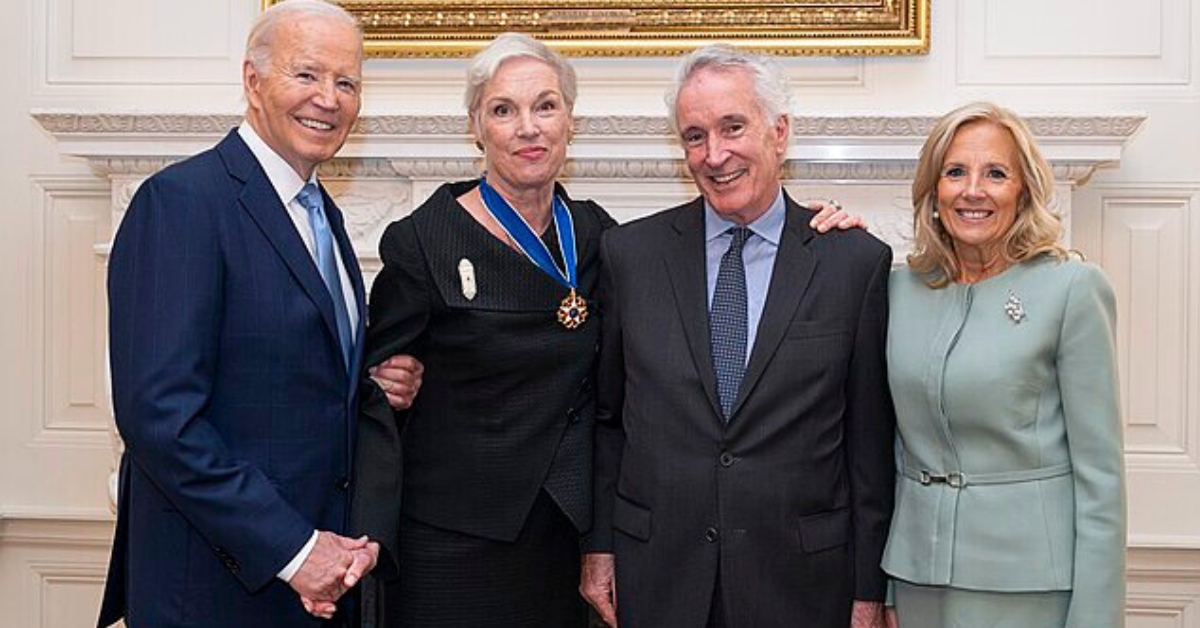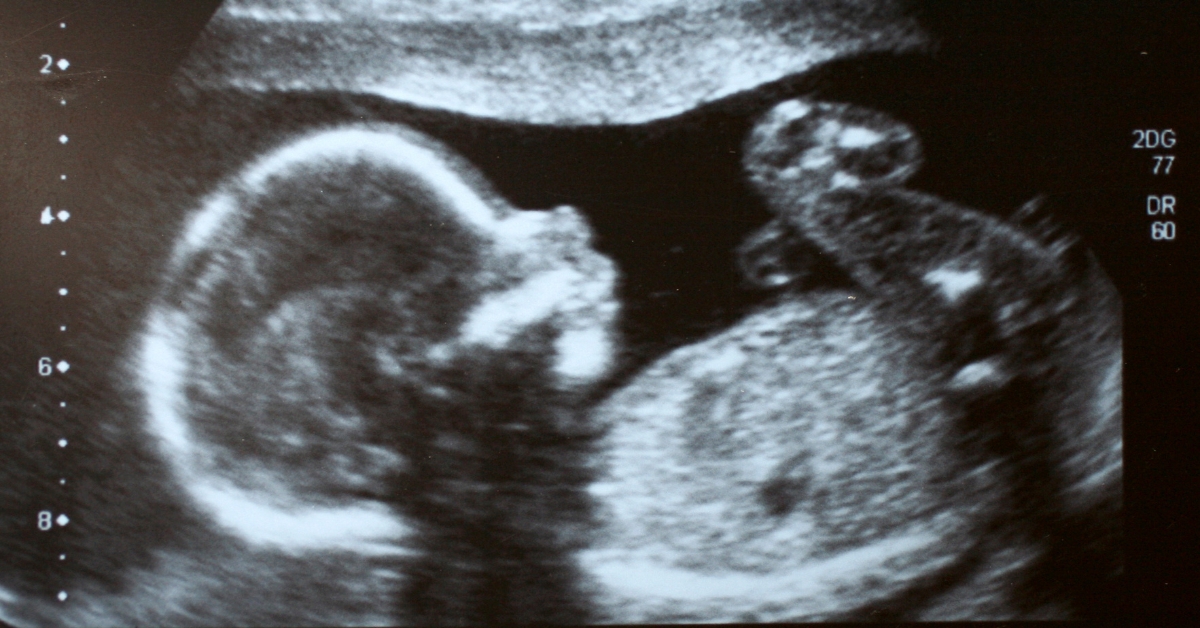
Kansas Judge Temporarily Blocks Abortion Ultrasound and Waiting Period Laws
In a recent ruling, a Kansas judge has placed a temporary hold on several state abortion laws, deeming them violative of bodily autonomy and the First Amendment. A group of abortion providers, including Comprehensive Health of Planned Parenthood Great Plains, filed a lawsuit in June against state officials, arguing that these laws were designed to shame and stigmatize people seeking abortions.
One of the laws required doctors to listen to the fetus’s heartbeat and inform patients about potential long-term risks of abortion, such as breast cancer and premature births for future pregnancies. Additionally, an older piece of legislation mandating a 24-hour waiting period before obtaining a chemical abortion was also blocked by the judge’s temporary injunction.
Judge Christopher Jayaram of Johnson County District Court stated that, “a woman’s right to bodily autonomy (including her right to decide whether to terminate or continue a pregnancy) is fundamental.” He argued that the state’s rationale for these laws did not survive constitutional review, given that they infringed on a person’s fundamental rights.
Following the Supreme Court’s decision in June 2022 to overturn Roe v. Wade, the number of abortions in Kansas increased by 57%. Nearby states like Missouri, Oklahoma, and Arkansas had already banned the practice, leading individuals from those states to seek abortions in Kansas.
Kansas currently prohibits abortions after 22 weeks and requires doctors to inform pregnant women about potential side effects and the possibility of reversing a chemical abortion with medication.
Judge Jayaram determined that the plaintiffs in the case were likely to succeed on the merits of their argument. He also noted that the state’s laws violated the providers’ rights to free speech, emphasizing that the right to make decisions about one’s body, health, and family is a fundamental part of bodily autonomy. He further emphasized that freedom of speech, whether to speak or avoid compelled speech, is a cherished right protected under a strict scrutiny standard.
It’s important to note that the judge’s order is not permanent; it will remain in place while he considers the lawsuit as a whole.
In response to the ruling, Caleb Dalton, counsel with Alliance Defending Freedom, which represents the state, reaffirmed the state’s commitment to protecting maternal health and the lives of the unborn.
This ruling reflects the ongoing legal and political battles surrounding abortion in the United States. While pro-choice advocates argue that such laws infringe on women’s reproductive rights, pro-life advocates maintain that they are necessary to protect the well-being of both pregnant individuals and unborn children.














